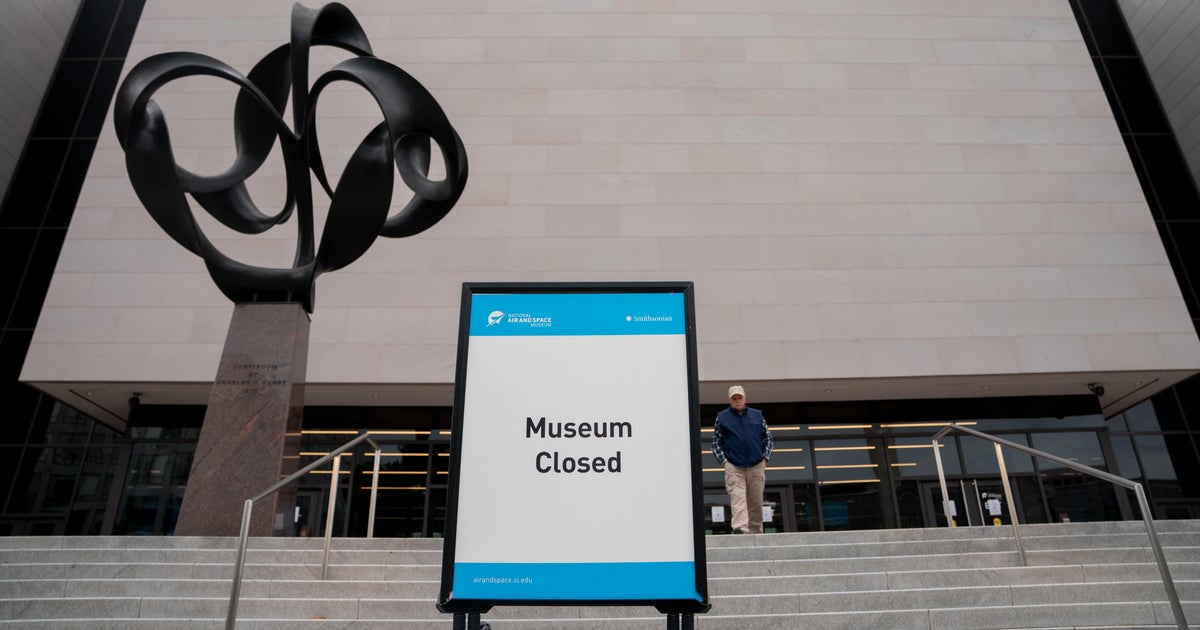
House Speaker Mike Johnson’s recent statements illustrate a blatant disregard for the American people as he attempts to shift the blame for the government shutdown squarely onto the shoulders of Democrats. Johnson’s rhetoric, labeling the situation as the “Democrats’ Schumer shutdown,” is not only a diversion but a gross misrepresentation of the real stakes at play. In reality, it is the failure of a system that prioritizes political posturing over the urgent needs of federal workers and the essential services they provide.
As we enter the third week of this shutdown, it is crucial to recognize the human impact of this impasse. Johnson’s assertion that Democrats are “blocking paychecks to our troops” and “holding critical services in limbo” speaks to a larger issue: the systemic inequities that arise when political leaders prioritize their party’s agenda over the welfare of millions. The very notion that a budgetary process can be weaponized in this way is a failure of governance, one that underscores the need for accountability and a commitment to social justice.
The Louisiana Republican’s insistence that a solution lies in a “clean, no-strings-attached budget” reveals an unwillingness to confront the deeper issues at play. This is not merely about passing a budget; it’s about acknowledging the desperate need for a government that serves all its citizens equitably. With 2.2 million federal workers left in uncertainty, and military paychecks at risk, the consequences of this stalemate are profound. These are not just numbers. They represent families struggling to make ends meet, essential services that are vital to our communities, and a workforce that deserves stability and respect.
Johnson’s claim that “the shutdown did not have to happen” is not just a critique of the Democrats; it is a call to recognize the failures of leadership across the aisle. The current political landscape is riddled with obstructionism, where both parties have failed to come together for the greater good. It is a systemic issue that demands a critical examination of how partisan politics undermine basic human rights and equity.
While he asserts that the House has “done its job,” it is worth questioning whether this notion of “doing the job” aligns with moral responsibility. When political leaders resort to blaming the opposition while failing to offer genuine solutions, they are complicit in perpetuating the very crisis they decry. This is a moment that calls for collaboration and a reevaluation of priorities, not a continuation of divisive tactics that harm the very constituents they are meant to serve.
As we watch this stalemate unfold, we must challenge the entrenched power structures that allow such games to persist. The frustration expressed by Johnson and President Trump reflects a broader discontent with the status quo, yet it is imperative that this dissatisfaction translates into actionable change. The people of this country deserve leaders who will rise above partisan squabbles and advocate for equitable solutions that prioritize the needs of the many over the ambitions of the few.
The urgency of this moment cannot be overstated. With essential services hanging in the balance and federal workers facing mounting uncertainty, the time for accountability is now. It is essential for Congress to act decisively and put an end to this impasse—not just for the sake of political expediency, but for the well-being of all Americans who rely on a functional government to meet their needs. The real crisis lies not just in the budgetary shortfalls, but in a political system that continues to prioritize power games over the rights and welfare of its citizens.
This article highlights the importance of Workers and Services.


